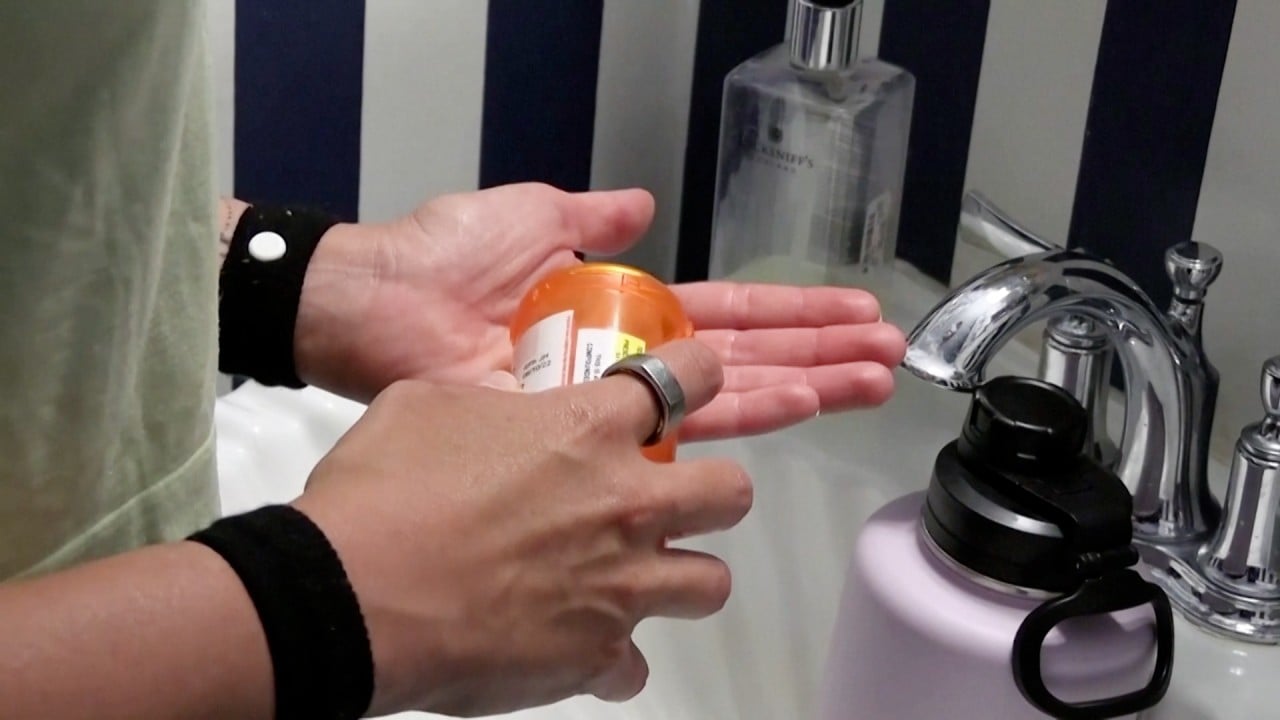
Loss of smell from Covid-19 takes up to 3 years to return, study finds
- Far from a benign inconvenience, a coronavirus-induced sensory upheaval can make people not want to eat, leading to depression and weight loss
- Some 28 million Americans had endured a worse sense of smell after Covid
The loss of taste and smell – hallmarks of a coronavirus infection early in the pandemic – became a stubborn blight for many long Covid sufferers, but new research shows that the sensory problems gradually abate.
Smell and taste disturbances were reported in almost two-thirds of the 100 people who had caught a mild case of Covid-19 in the fall of 2020 in Trieste, Italy, and were randomly selected for studying alongside 100 uninfected people for comparison. Both groups were followed for three years.
About a quarter of the Covid cases could not taste properly a year after the acute illness but, after two years, there was little difference between them and controls.
The research, published on Thursday in a letter to the journal JAMA Otolaryngology, suggests that so-called gustatory dysfunction, linked to the taste bud-damaging immune response to lingering vestiges of Sars-CoV-2 in the tongue, resolves faster than problems with smell.
Terror of long Covid remains common even as pandemic eases, data shows
More than a quarter of the Covid group still experienced olfactory dysfunction two years after infection, but after three years, the condition wasn’t significantly more common than in controls, the researchers found.
That is reassuring for the 28 million Americans estimated to have endured a worse sense of smell after Covid. Far from a benign inconvenience, a coronavirus-induced sensory upheaval can make people not want to eat, leading to depression and weight loss, and prevent the detection of harmful gas and smoke.
“A recovery of olfaction appears to continue over three years,” Paolo Boscolo-Rizzo, a researcher at the University of Trieste, and colleagues wrote.
“These results can be generalised to individuals of white race who experienced mild symptoms during the early waves of the Covid-19 pandemic.”
The complication has become less common since the Omicron variant became the predominant cause of Covid at the end of 2021.
Scientists have long sought to understand the cause of the impairment, which has been linked to certain genetic variations, and neurological manifestations and damage to olfactory support cells.


